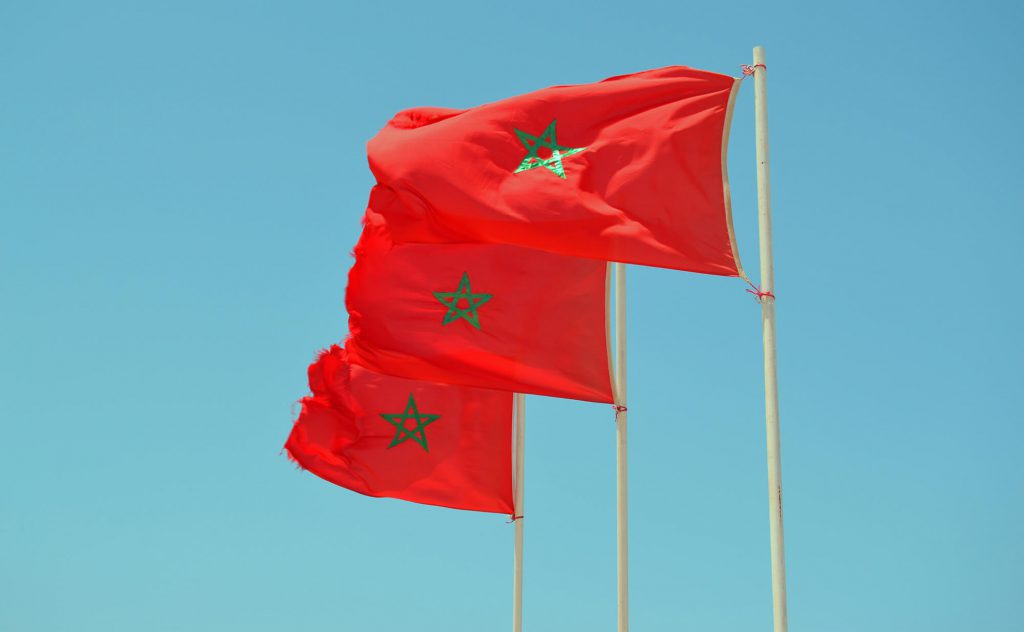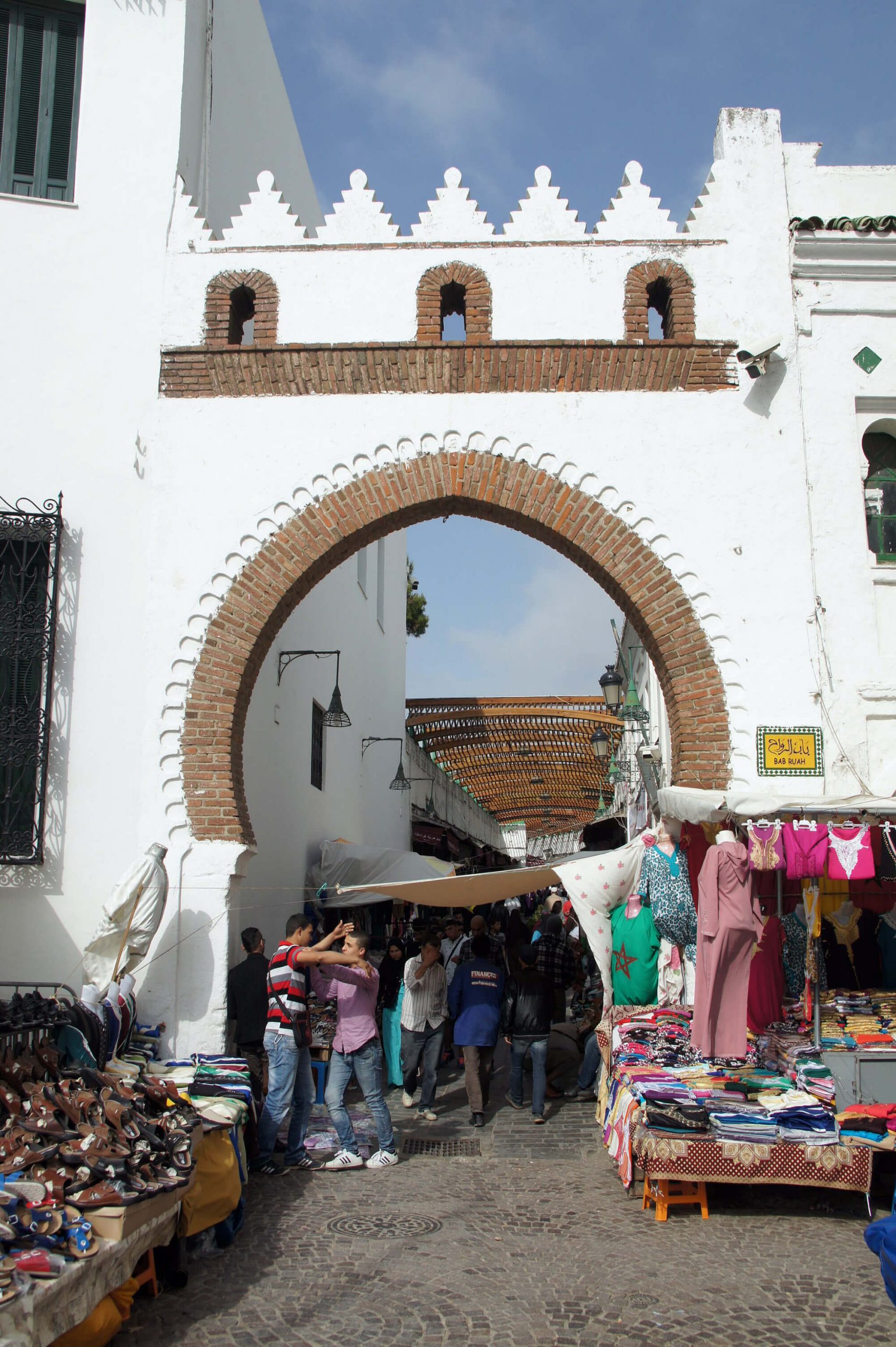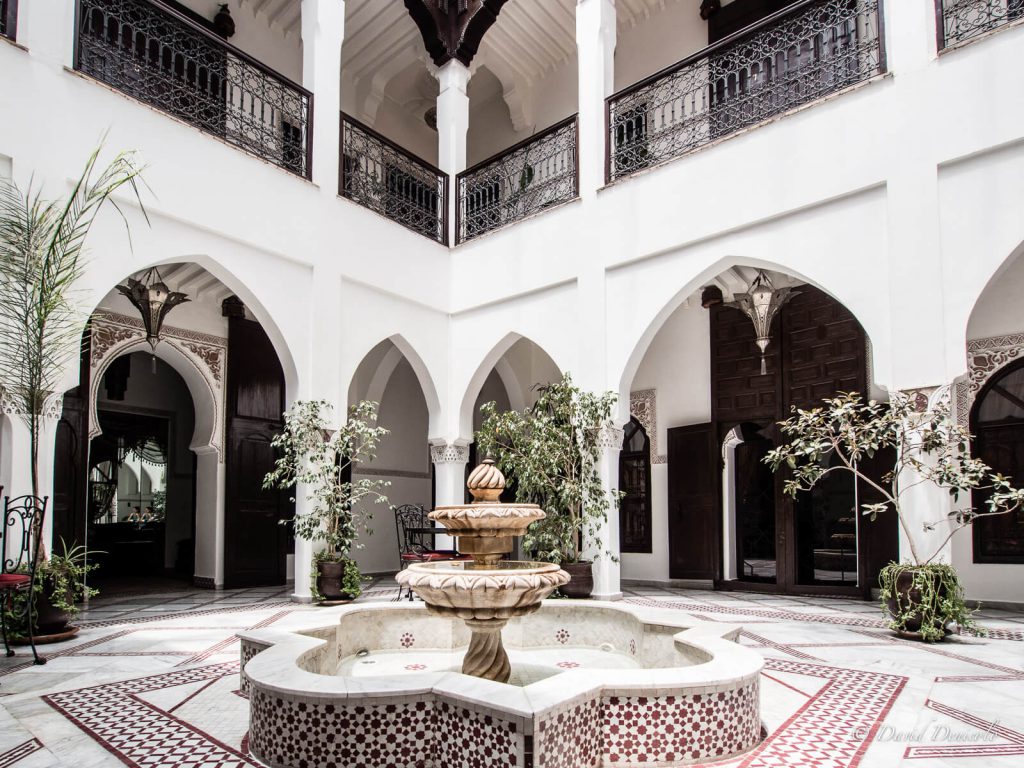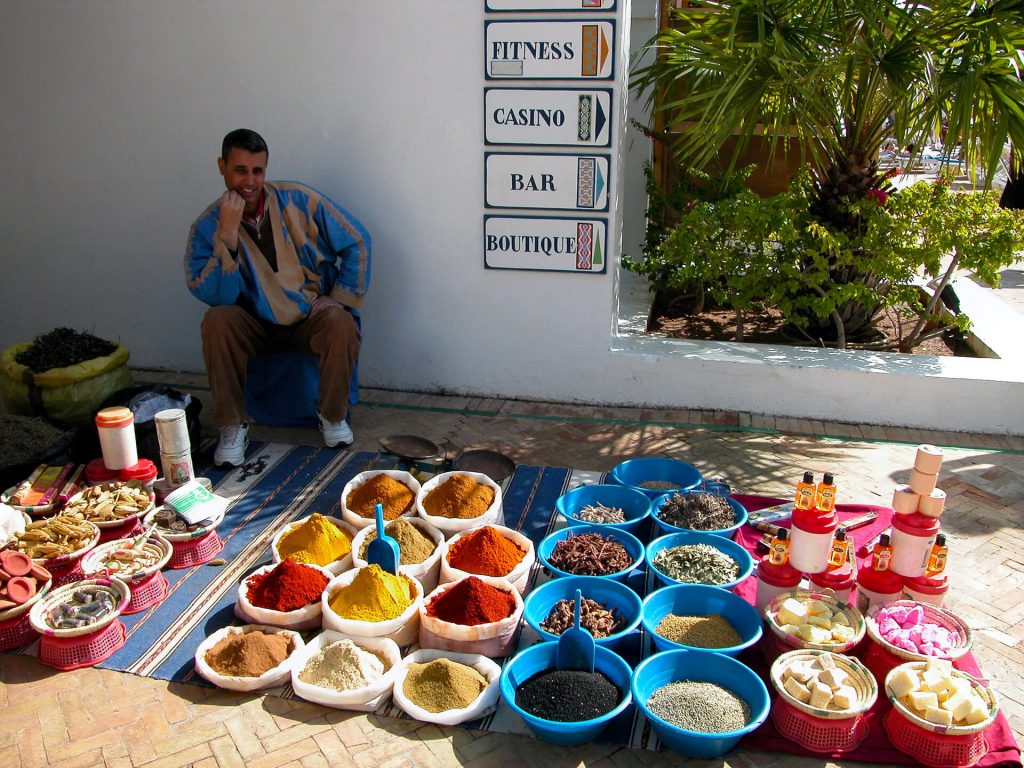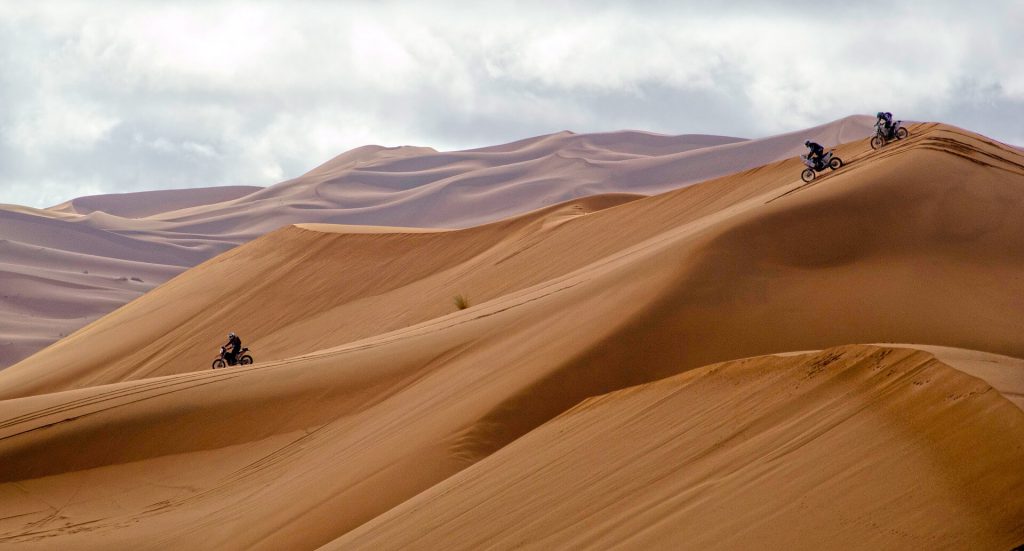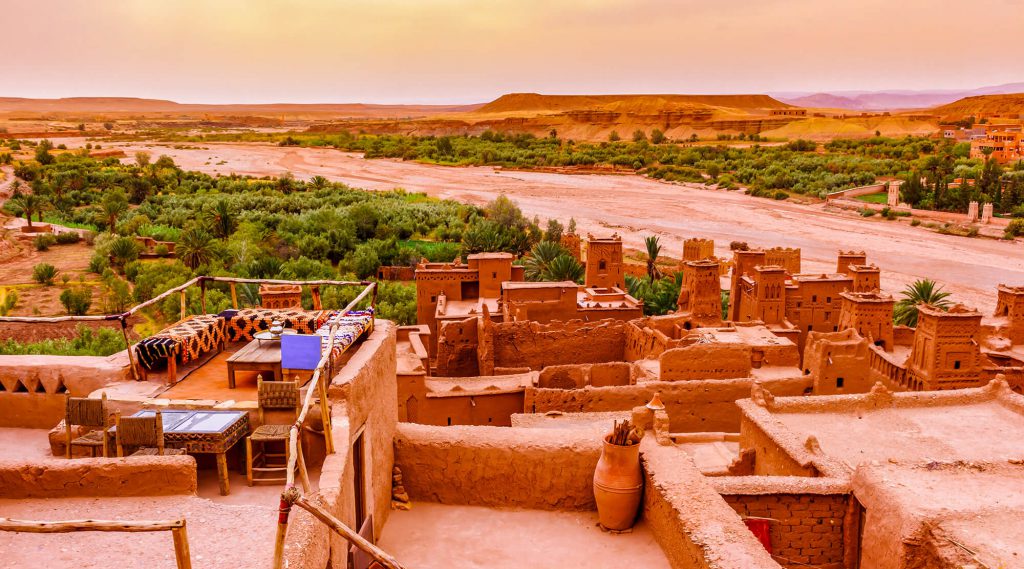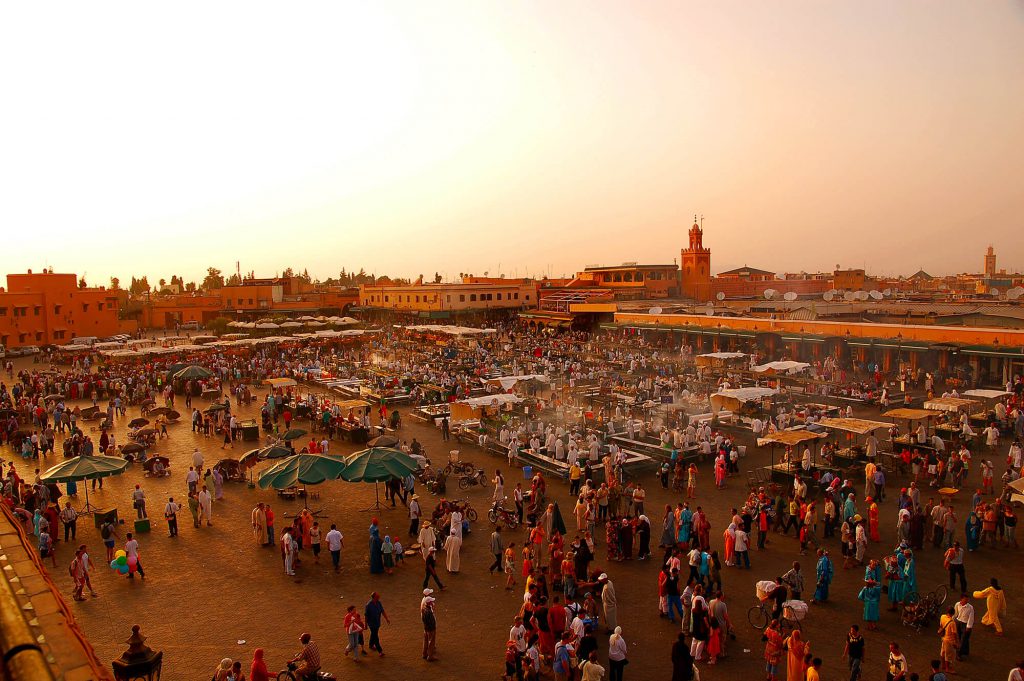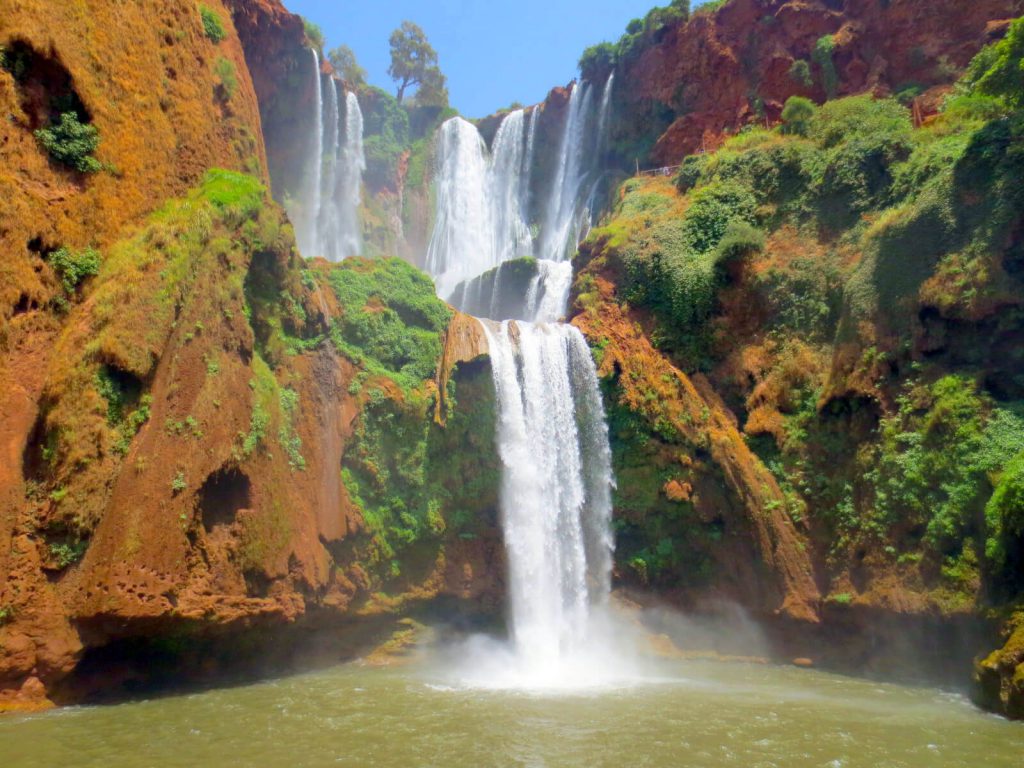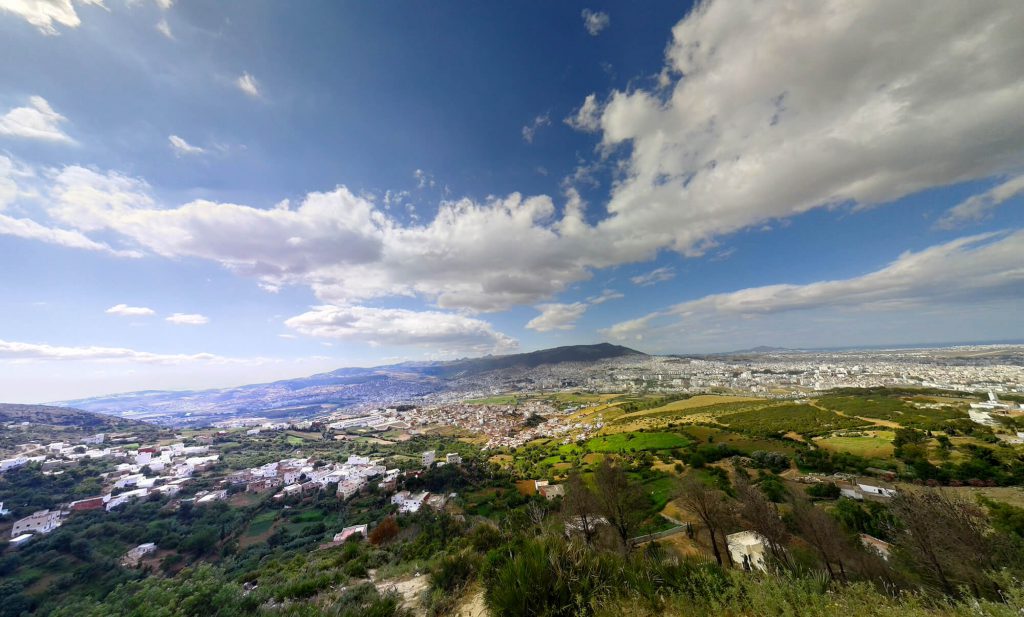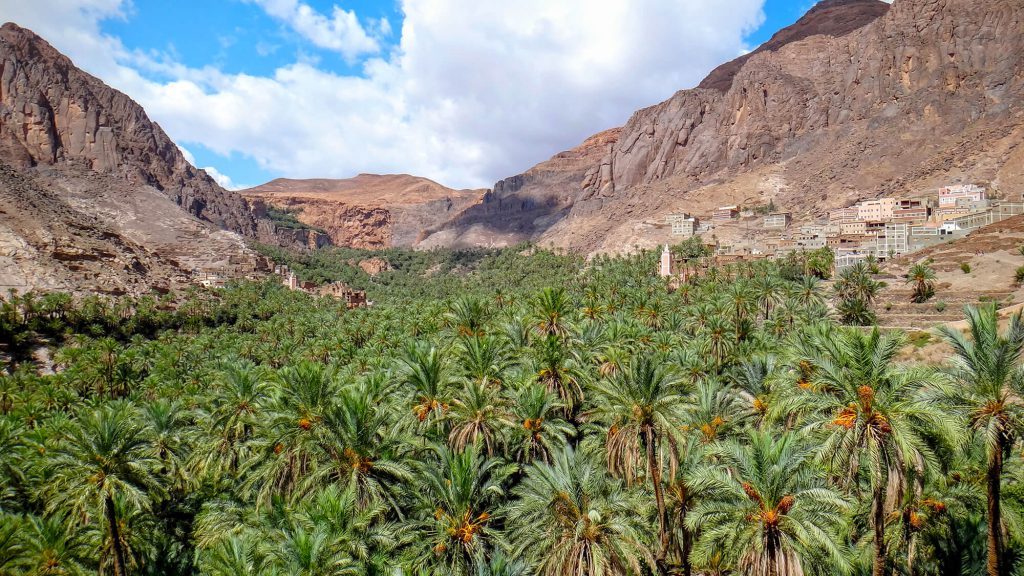Multi-lingual Morocco’s native languages include Moroccan Arabic, Standard Arabic and indigenous Tamazight (Amazigh/Berber). With this handy guide, learn some basics about the languages of morocco to navigate travel easier and impress the locals.
Morocco is a country where cultures — and languages — blend seamlessly. This diversity is part of what makes traveling here so fascinating. Knowing a few words from languages of Morocco before your visit not only helps you navigate more easily but also shows locals your respect and genuine interest in their culture.
Among the languages of Morocco, the official ones are Arabic (Darija) and Tamazight, the native Amazigh (Berber) language. Yet, you’ll also hear French, Spanish, and even English in larger cities and tourist destinations. Morocco’s multilingual identity is a living reflection of its rich history and global connections.
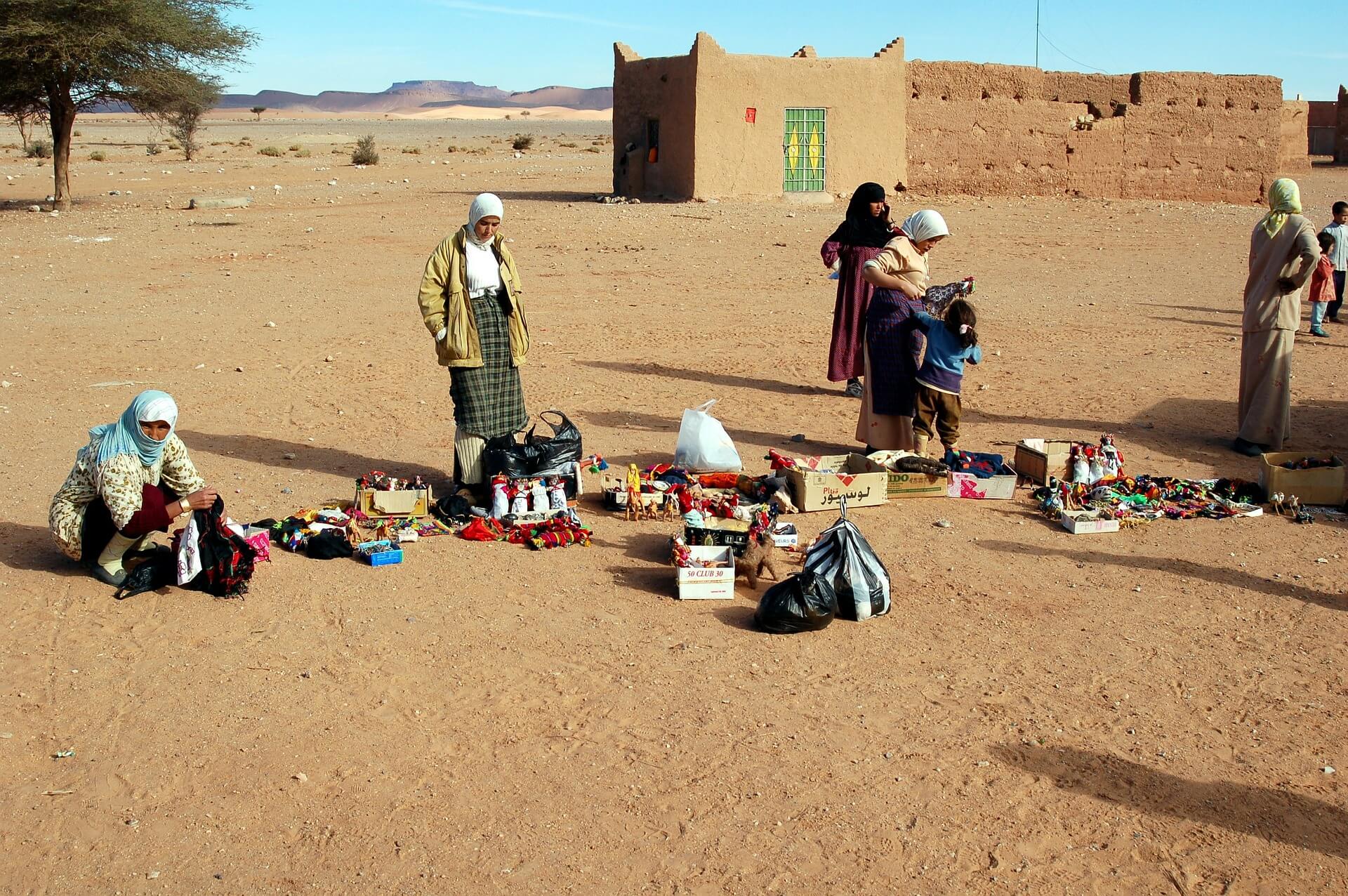
Overview of Languages in Morocco
Most Moroccans are multilingual, switching effortlessly between Darija, Tamazight, and French in everyday conversation.
- Darija (Moroccan Arabic) – used for daily life, markets, and media.
- Tamazight (Berber languages) – spoken in rural villages and the Atlas Mountains.
- French – widely used in education, business, and government.
- Spanish – common in the north around Tangier, Tetouan, and Chefchaouen.
- English – increasingly popular, especially among younger generations and in tourism.
Knowing even a few local words can make your journey more meaningful and enjoyable.
Darija – Moroccan Arabic
Darija is Morocco’s most commonly spoken language — a unique mix of Arabic, Amazigh, French, and Spanish influences. While it shares roots with Modern Standard Arabic (MSA), it sounds very different and can be hard to understand for Arabic speakers from other regions. Here are some useful Darija words and phrases:
Helpful Darija Words and Phrases
Hello/Peace be upon you – Saalam uwaleekum
Response: And also upon you – Wa’aleekum salaam
Goodbye – Ma’a salama or beslama
How are you? – La bas?
Good – Mezya
Yes – Iyah
No – La
O.K. – Wakha
Alright – iwa
Thank You – Shoukran
No Thank You – La Shoukran
You are welcome – Al’afw
My Name is…. – Esmee…
What is Your Name? – Asmeetak?
How much? (cost) – Shamal taman
It’s Beautiful – Zweena
I’m just looking around – Ghir tan chouf
This is Delicious! – Hadshi
I Don’t Understand – Ma femtesh
It’s not a problem – Meshi mushkil
Shame on you – Hashouma
Go Away – Seer
I am Sorry – Smeh-lia
Where is the toilet, please? – Fayn al toilet afak?
Good Morning – Sabah el kheyr (response: sabah al noor)
Good Evening – Massa al khair (response: massa al noor)
Even learning just these simple expressions will impress locals and create more genuine interactions.
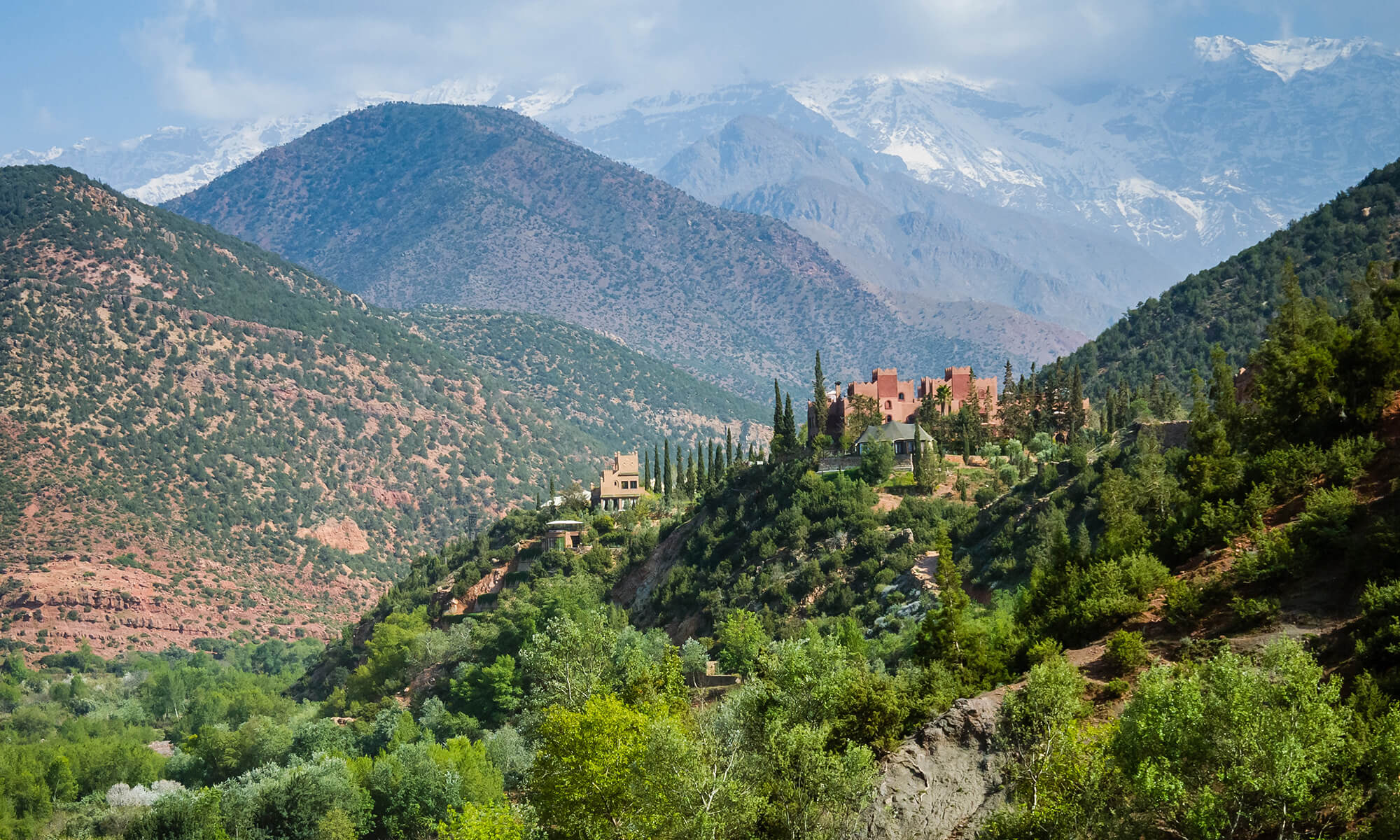
Tamazight – The Amazigh (Berber) Language
About 15 million Moroccans speak some form of Tamazight. It’s an umbrella term for Amazigh languages spoken in various regions:
Tamazight – Middle and High Atlas Mountains
Tarifit – Rif Mountains (north)
Tashelhit – Anti-Atlas (southwest)
Tuareg – Saharan region
Tamazight is written using the Tifinagh alphabet, an ancient script reintroduced in Moroccan schools since 2003 to preserve Amazigh identity.
Common Tamazight Words and Phrases
Hello – Azoul
How are you? – Mataanit
I am great – La bas
Yes – Ah
No – Oho
Maybe – Imken
My name is… – Manis mank…
Goodbye – Sahit
Thank You – Shookran
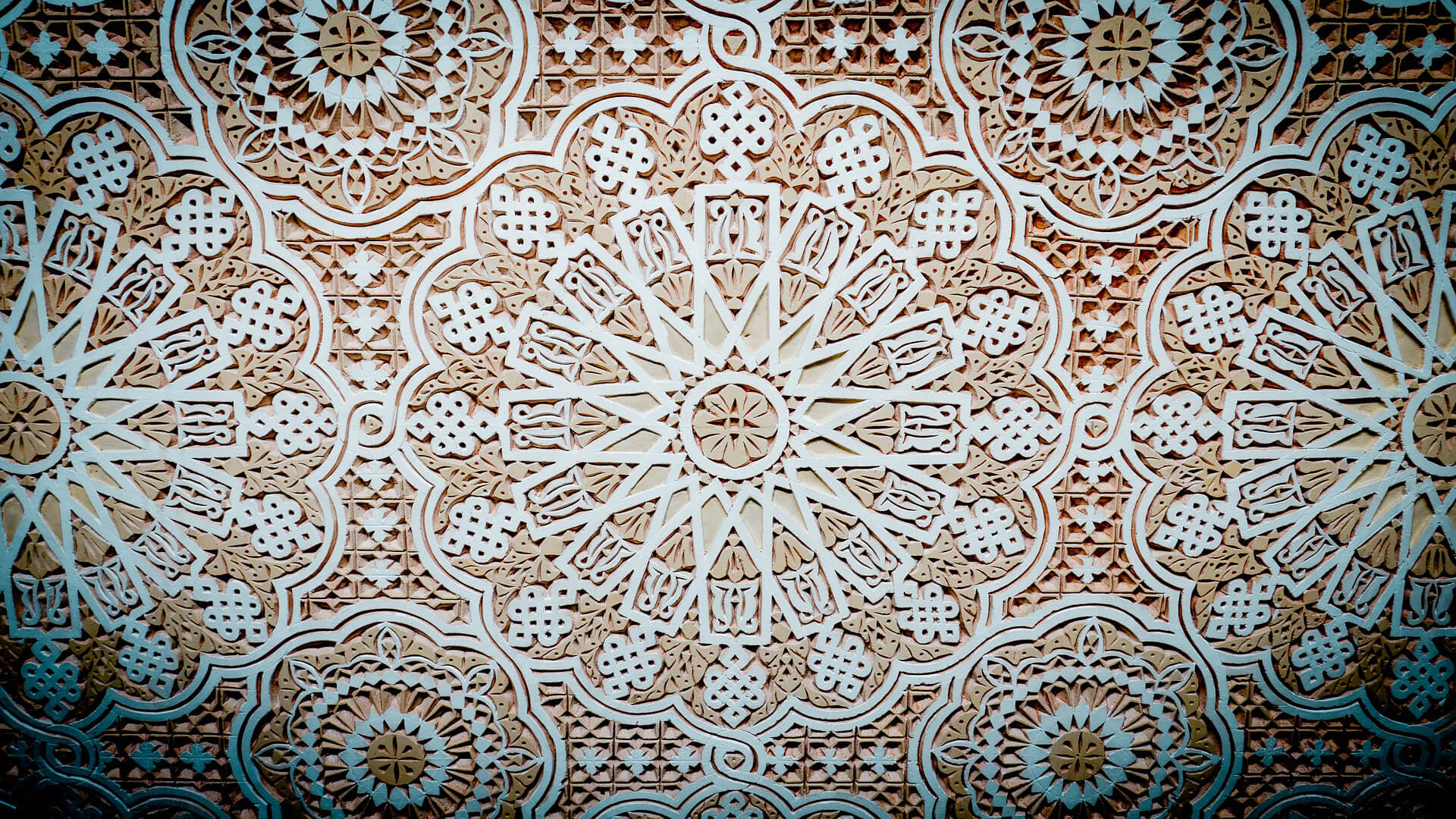
French and Spanish Influence
French remains Morocco’s unofficial second language, a legacy of the colonial era. It’s used in schools, administration, and business communication. You’ll find French signage across the country, especially in Casablanca, Marrakech, and Rabat.
Spanish is more common in the northern regions such as Tangier, Tetouan, and Chefchaouen — where cultural ties with Spain remain strong.
Knowing a few French or Spanish words can make your travels smoother and help when reading menus, signs, or timetables.
Best Resources to Learning Moroccan Arabic
Want to get a head start? Here are great online resources to learn Darija and Tamazight:
Speak Moroccan is a FREE comprehensive resource with an easy to navigate site that offers grammar lessons, vocabulary lists, exercises and phrases lists to help you grasp the language fast and effectively.
https://www.speakmoroccan.com/
Loecsen is a FREE online interactive language learning course that provides short lessons with audio.
https://www.loecsen.com/en/learn-arabic-moroccan#/en/Essentials
Arabic Pod 101 offers a fast and easy way to learn with your own personal teacher.
Talk in Arabic is a great resource with video and audio lessons.
Friends of Morocco is an organization of Peace Corps volunteers that offer amazing and valuable learning resources for everything you need to get started and keep learning.
https://friendsofmorocco.org/learnarabic.htm
Armchair Arabist Blogspot focuses on video and grammar lessons for all levels.
http://armchairarabist.blogspot.com/p/learn-moroccan-arabic.html
Memrise is another FREE language learning resource that is informative and fun.
https://www.memrise.com/course/48103/moroccan-arabic-2/
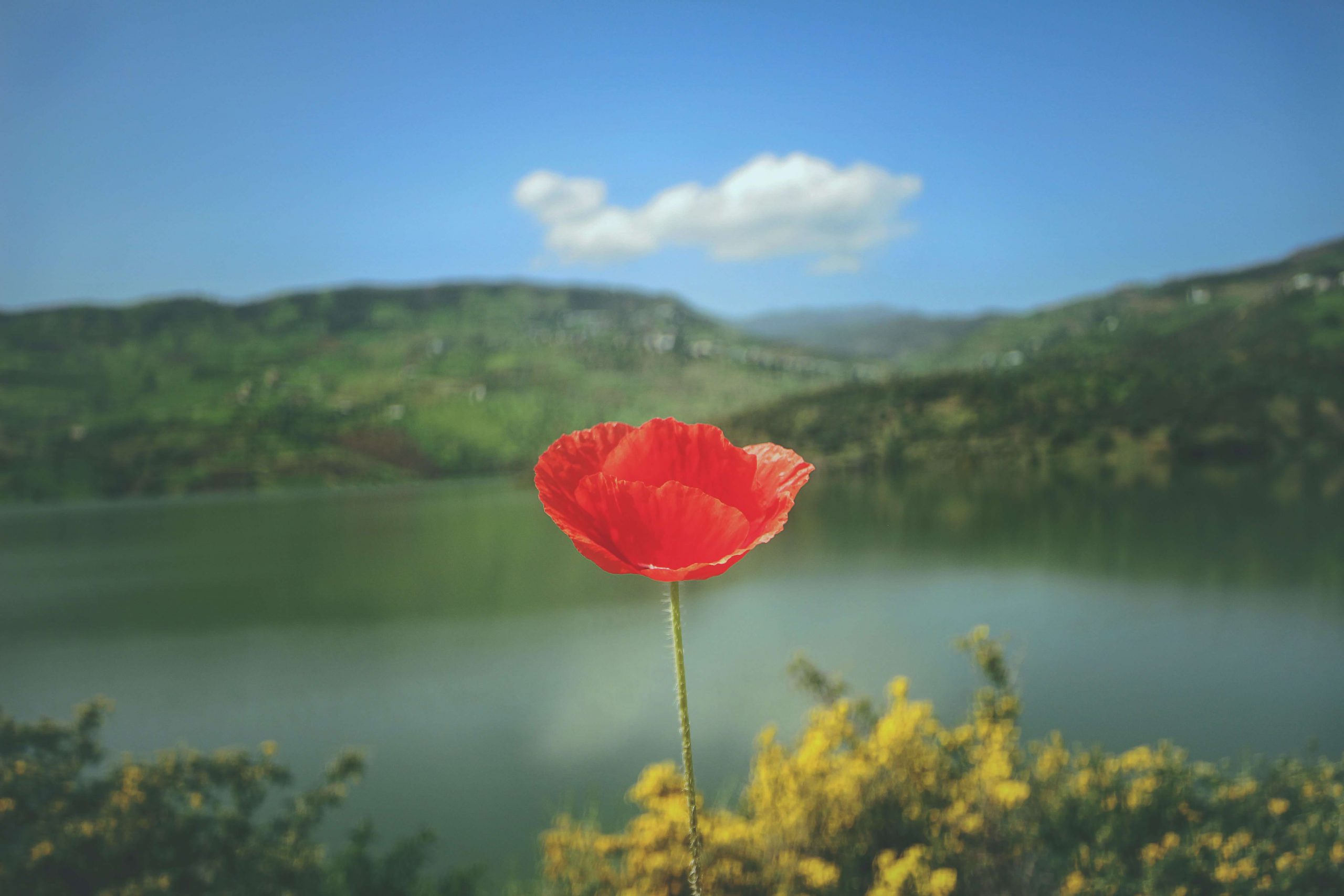
More Helpful Learning Tools about the Languages of Morocco
One of the best and most effective ways to learn a new language is by listening to how people speak. Paying close attention to how words are pronounced and phrases are emphasized makes a huge difference when trying to communicate, especially as a beginner.
Here are a few tips and suggestions to increase your language learning skills.
Listen to Moroccan radio
Listening to talk radio in a foreign language in the background while cooking dinner or just lounging around will get you familiar with the dialect and the more you listen, the more you learn. Repetition is inevitable and before you know it, you’ll be singing the words to the latest pop song in Moroccan Arabic!
Two great sources are;
Watch Moroccan T.V.
Watching a Moroccan T.V. series and films that feature Moroccan Arabic will greatly enhance your learning of the language. There are several FREE options to watch via YouTube. Seeing how people’s mouths move while speaking, their facial expressions and reactions will be very helpful when you want to express yourself down the road when speaking your new language.
Here are a few entertaining and insightful suggestions to help your practice:
A couple of T.V. Series to watch are Master Chef Morocco learn the language plus the amazing cuisine of Morocco.
L’Couple is a semi comedy that revolves around the daily lives of a couple.
Films to checkout are Razzia and Much Loved.
Al Aoula T.V. is a public television channel with programs in Arabic, Tamazight, and French. http://www.alaoula.ma/index.php?lang=ar
It is helpful to watch the films with English subtitles to get a better understanding of what is going on and assist with your practice.
Read books about Moroccan Arabic
A few helpful books are
Lonely Planet Moroccan Arabic Phrasebook
https://shop.lonelyplanet.com/products/moroccan-arabic-phrasebook-4
An introduction to Moroccan Arabic by Ernest T. Abdel-Massih
https://www.amazon.com/Introduction-Moroccan-Arabic-Ernest-Abdel-Massih/dp/1607852187
A pocket-sized Moroccan Arabic Verb Dictionary by El Haloui and Steve Bowman will come in handy especially in remote areas or places where the internet is spotty.
https://www.amazon.com/Moroccan-Arabic-Dictionary-Haloui-Abdnnebi/dp/0615530796
The languages of Morocco tell the story of its history — from Amazigh roots to Arab influence and European exchange. By learning a few phrases in Darija or Tamazight, you’ll gain more than linguistic skill — you’ll earn the warmth and respect of the Moroccan people. Keep in mind that knowing “Please” and “Thank you” in any language will go a long way. Your efforts to try and communicate in the native language will be appreciated. Learning a language can be fun especially when you dedicate time to practice. Try not to worry about making mistakes, we all do!
Practice what you learn when you visit Morocco and watch how easily the locals welcome you with genuine hospitality.
🧭 FAQs
Q1: What are the main languages spoken in Morocco?
Arabic (Darija) and Tamazight are official, with French and Spanish widely spoken.
Q2: Is English spoken in Morocco?
Yes, particularly in major cities and tourist areas, but it’s always appreciated when travelers use local words.
Q3: What is the easiest language to use while traveling in Morocco?
French is often the most practical second language for travelers, as most signs, menus, and official documents use it.
Q4: Can I get by in Morocco without speaking Arabic?
Yes. Many locals in the tourism industry speak English or French, and basic gestures and smiles go a long way.
Q5: What’s the native alphabet of Tamazight?
The Tifinagh script — an ancient Amazigh writing system reintroduced to schools in 2003.
—
Editor’s Note: This post was originally published in 2021 and updated in October 2025 for accuracy and freshness.
